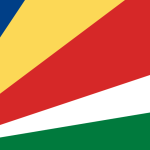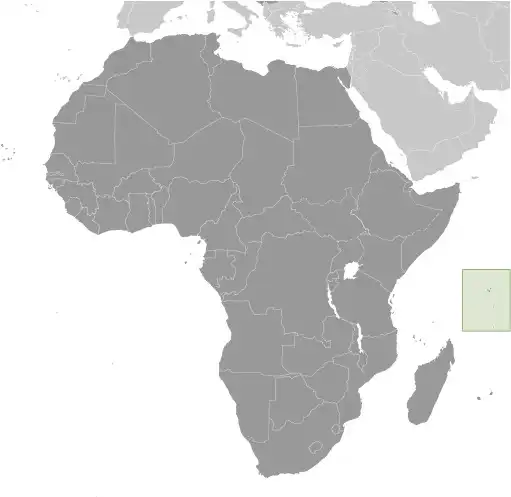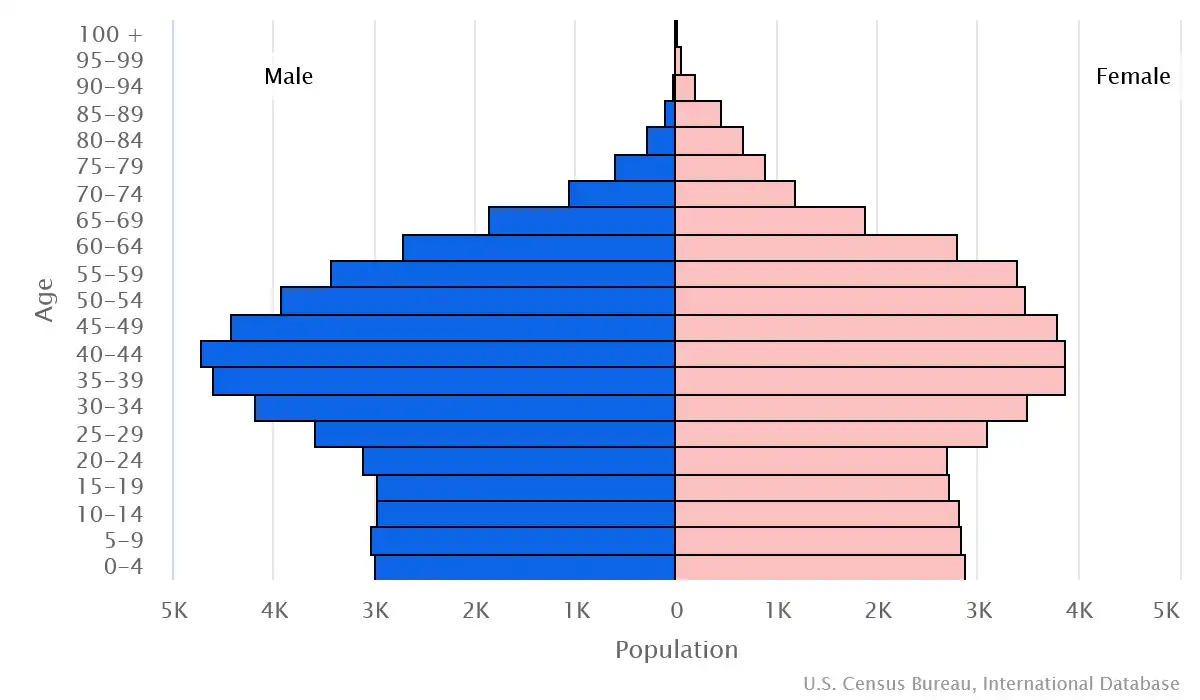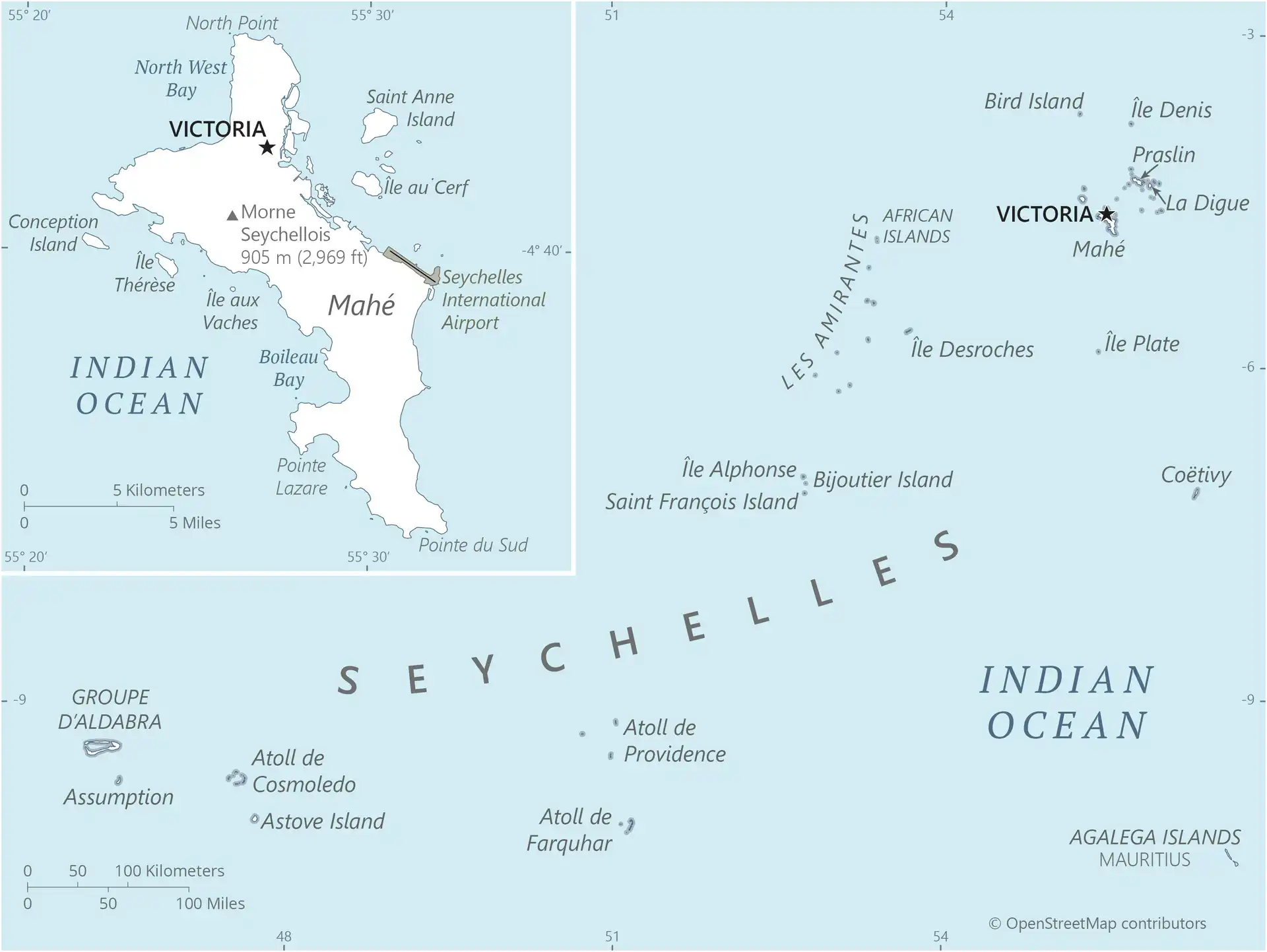
Seychelles
Country Data Dashboard

| Government type: | presidential republic |
| Capital: | Victoria |
| Languages: | Seychellois Creole (official) 89.1%, English (official) 5.1%, French (official) 0.7%, other 3.8%, unspecified 1.4% (2010 est.) |
People & Society
Ethnicity
Religion (2010 est.)
Age structure

Economy
Economic overview
high-income Indian Ocean island economy; rapidly growing tourism sector; major tuna exporter; offshore financial hub; environmentally fragile and investing in ocean rise mitigation; recently discovered offshore oil potential; successful anticorruption efforts
Real GDP (purchasing power parity) in Billion $
Real GDP per capita in $
Exports & Imports in billion $
Top 5 Import Partner in 2022 (55%)
Top 5 Import Commodities in 2022
- ships 🚢
- refined petroleum ⛽
- fish 🐟
- plastic products ♻️
- cars 🚗
Top 5 Export Partner in 2022 (55%)
Top 5 Export Commodities in 2022
- fish 🐟
- refined petroleum ⛽
- ships 🚢
- aircraft ✈️
- animal meal 🍖
Geography
Map

Area
Natural resources
- fish 🐟
- coconuts (copra) 🌰
- cinnamon trees 🌳
Climate
tropical marine; humid; cooler season during southeast monsoon (late May to September); warmer season during northwest monsoon (March to May)
Historical Background Information
Seychelles was uninhabited before Europeans discovered the islands early in the 16th century. After a lengthy struggle, France eventually ceded control of the islands to Great Britain in 1814. During colonial rule, a plantation-based economy developed that relied on imported labor, primarily from European colonies in Africa. Seychelles gained independence in 1976 through negotiations with Great Britain. In 1977, Prime Minister France-Albert RENE launched a coup against the country’s first president, and Seychelles became a socialist one-party state until adopting a new constitution and holding elections in 1993. RENE continued to lead Seychelles through two election cycles until he stepped down in 2004. Vice President James Alix MICHEL took over the presidency and in 2006 was elected to a new five-year term; he was reelected in 2011 and again in 2015. In 2016, James MICHEL resigned and handed over the presidency to his vice-president, Danny FAURE. In 2020, Wavel RAMKALAWAN was elected president, the first time an opposition candidate has won the presidency.
